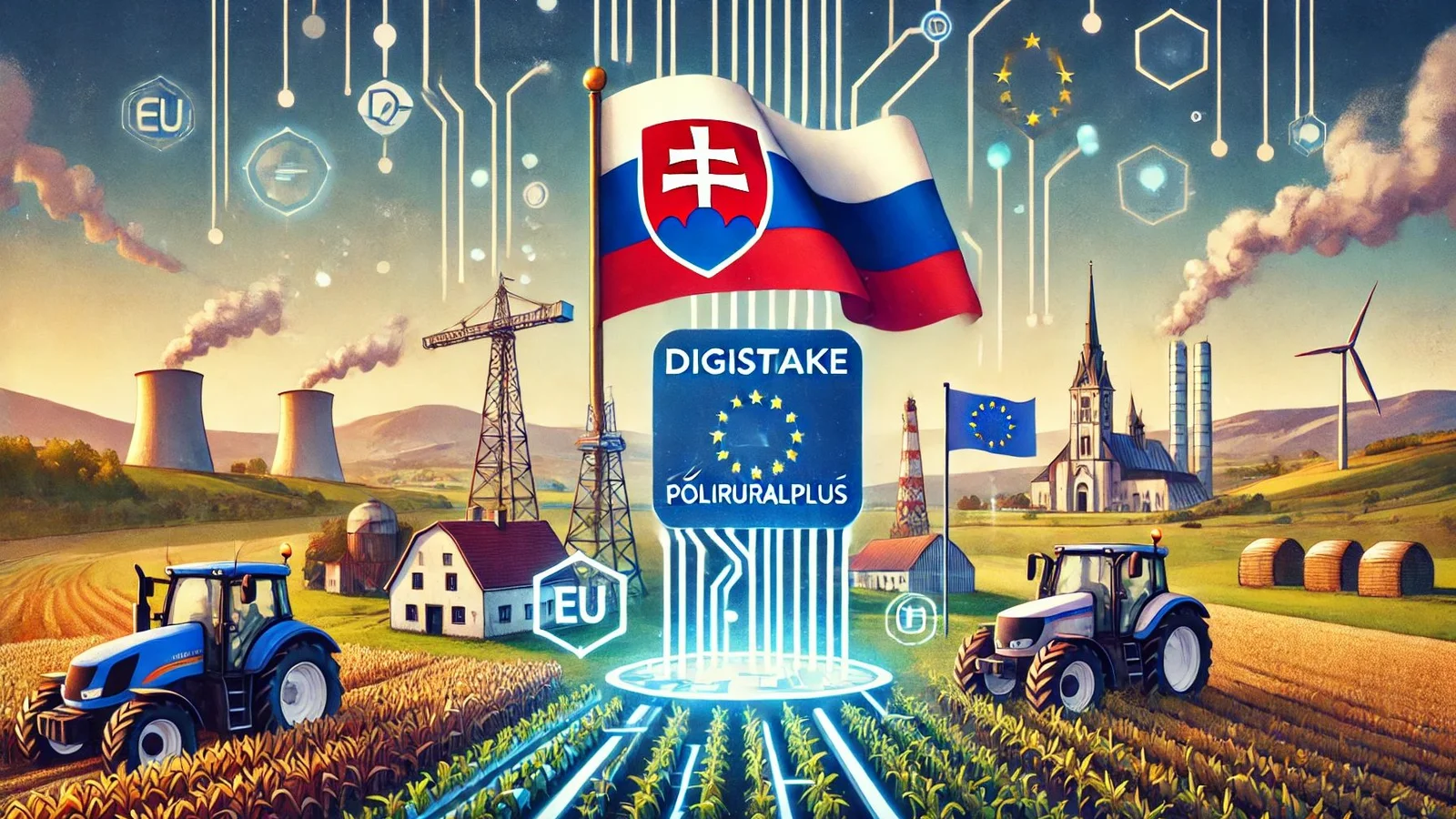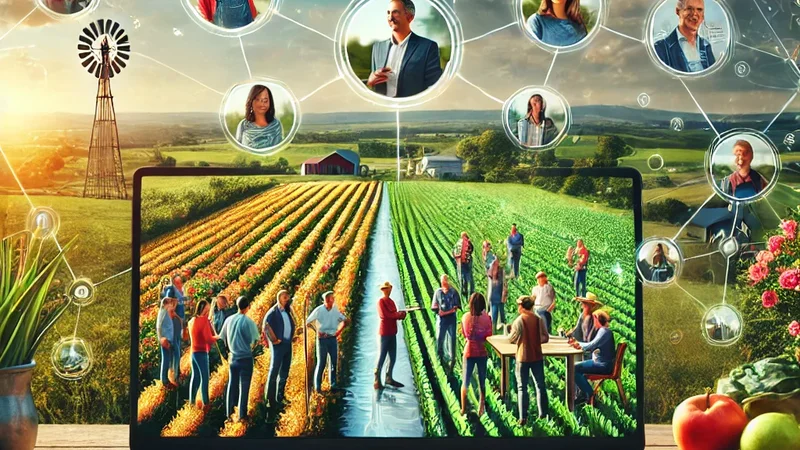The DigiStake project is poised to redefine rural development in Slovakia by fostering enhanced stakeholder cooperation, embracing digital transformation and creating synergies between rural and urban areas. With its focus on creating a robust online collaborative platform, DigiStake addresses key regional challenges, including modernization of agricultural practices, digital integration, and alignment with the European Union's rural and urban policies.
Project Vision and Goals
At its core, DigiStake aspires to:
- Empower rural communities by providing the tools and resources needed for modernization and sustainability.
- Bridge the rural-urban divide, ensuring that Slovakia’s diverse regions are equipped to thrive in a rapidly evolving digital landscape.
- Align with EU priorities, particularly the EU Rural Pact, to facilitate meaningful engagement in national and international dialogues.
Key Initiatives and Strategies
- Central Collaboration Platform: This digital space will be a hub for stakeholders—farmers, policymakers, businesses, and academics—to collaborate, access resources, and launch innovative projects.
- Integration with EU Strategies: By syncing its goals with EU frameworks like the Green Deal and Horizon Europe, DigiStake ensures Slovakia’s alignment with continental objectives for sustainability and innovation.
Innovative Approaches Driving the Project
DigiStake leverages cutting-edge methodologies to ensure its success:
- Participatory Vision Building: Stakeholders are guided to co-create a shared vision for Slovakia's digital and rural development.
- Quadruple Helix Approach: This inclusive model integrates government, industry, academia, and civil society in decision-making.
- Advanced Technology Adoption: The platform will incorporate state-of-the-art tools to streamline communication, project management, and data sharing.
Tailored Engagement Methods
Understanding the diverse needs of Slovak rural communities, DigiStake employs a mix of engagement methods:
- Online Surveys: Quick and accessible tools for collecting widespread feedback on priorities and challenges.
- Semi-structured Interviews: In-depth discussions with local officials and business leaders to understand nuanced issues.
- Workshops and Focus Groups: Interactive sessions that foster dialogue and provide actionable insights.
- Community-Based Feedback Channels: Leveraging centers and digital platforms to gather real-time responses from residents.




Existing Comments